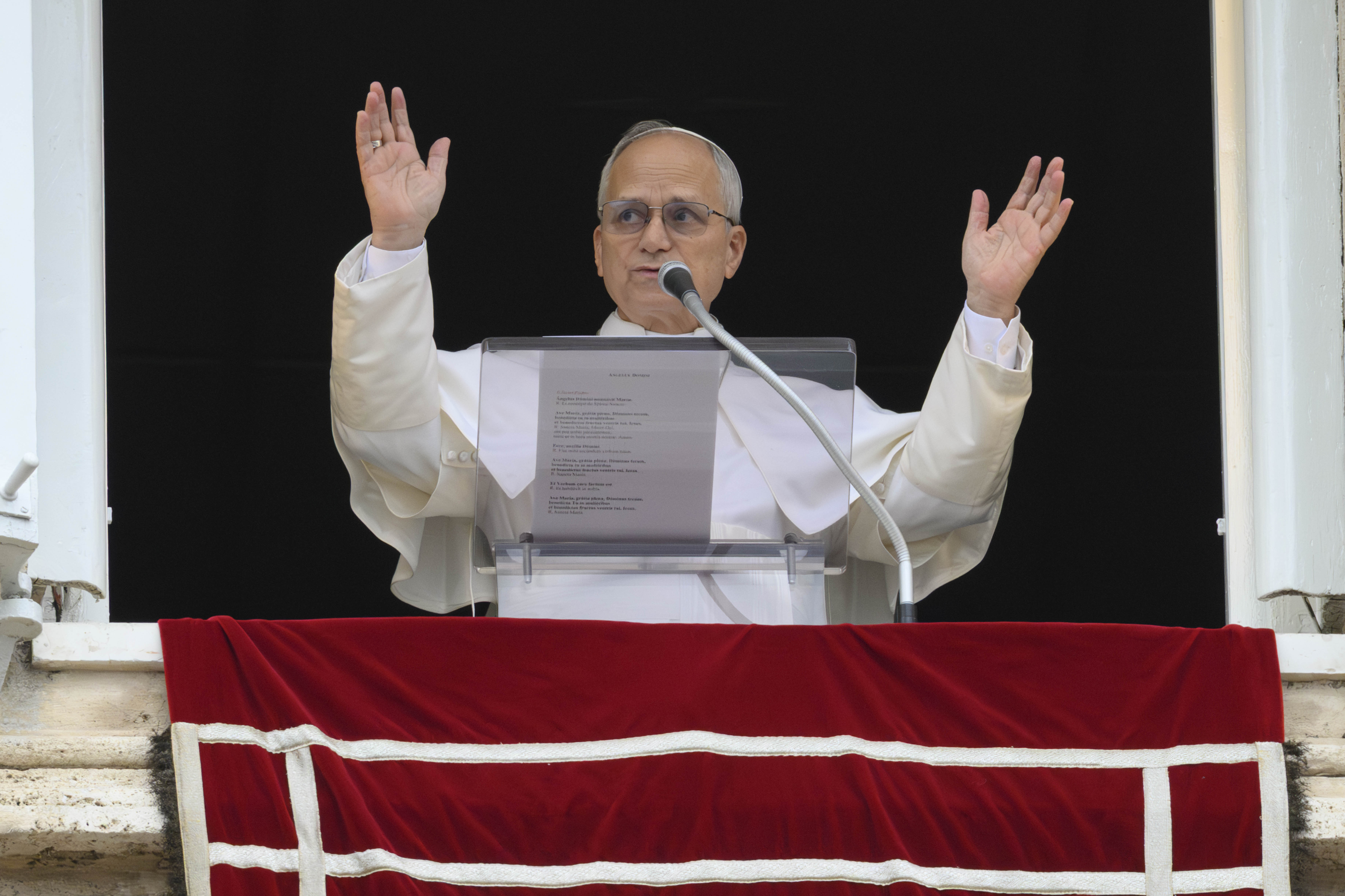US federal appeals court strikes down major chunk of Trump’s tariffs
A U.S. federal appeals court on Friday struck down President Donald Trump’s use of emergency powers granted by Congress to impose tariffs, opening the door for the administration to potentially have to repay billions worth of duties.
The 7-4 ruling raises doubt about deals Trump has struck with the European Union, Japan, South Korea and other major trading partners to reduce the “reciprocal” tariff rates on their imports, from the levels the administration originally set in April.
“We conclude Congress … did not give the president wide-ranging authority to impose tariffs” of the kind Trump imposed in his sweeping executive orders, the majority wrote.
The ruling also invalidates the tariffs that Trump has imposed on China, Canada and Mexico to pressure those countries to do more to stop shipments of fentanyl and precursor chemicals from entering the United States.
The decision, however, will not take effect until Oct. 14, giving the Trump administration time to appeal the decision to the Supreme Court.
The White House did not immediately respond to a request for comment, but Trump shared a post on social media Friday evening calling the ruling “highly partisan,” and warning that if the tariffs were ruled illegal “it would be a total disaster for the Country” and “make us financially weak.”
“Now, with the help of the United States Supreme Court, we will use them to the benefit of our Nation, and Make America Rich, Strong, and Powerful Again!” Trump wrote, signaling that the White House will appeal, as expected.
The ruling from the U.S. Court of Appeals for the Federal Circuit upholds a May decision by the U.S. Court of International Trade, which concluded that Trump exceeded his authority under the 1977 law he invoked to impose both the fentanyl trafficking tariffs and his worldwide tariffs, the International Emergency Economic Powers Act.
“We are not addressing whether the President’s actions should have been taken as a matter of policy,” the majority wrote in its ruling, which was in response to a combined set of cases brought by several small importers and multiple Democratic-run states. “Nor are we deciding whether IEEPA authorizes any tariffs at all. Rather, the only issue we resolve on appeal is whether the Trafficking Tariffs and Reciprocal Tariffs imposed by the Challenged Executive Orders are authorized by IEEPA. We conclude they are not.”
Trade and customs experts told POLITICO that repayments would be a logistical nightmare, and would likely trigger a wave of legal challenges from other businesses and industry groups seeking reimbursement.
The appeals court’s majority said their conclusion that Trump’s tariffs were illegal was bolstered by a series of Supreme Court decisions articulating the “major questions doctrine,” a legal theory rejecting claims that Congress implicitly granted the executive sweeping powers.
“The tariffs at issue in this case implicate the concerns animating the major questions doctrine as they are both ‘unheralded’ and ‘transformative,’” wrote the majority, which consisted of one Republican appointee and six Democratic appointees.
Dissenting from the ruling Friday were Obama appointees Richard Taranto and Raymond Chen and George W. Bush appointees Kimberly Moore and Sharon Prost. Trump has not appointed any judges to the Federal Circuit Court of Appeals.
“IEEPA embodies an eyes-open congressional grant of broad emergency authority in this foreign-affairs realm, which unsurprisingly extends beyond authorities available under non-emergency laws, and Congress confirmed the understood breadth by tying IEEPA’s authority to particularly demanding procedural requirements for keeping Congress informed,” Taranto wrote for the dissenters.
The White House did not immediately respond to a request for comment.
Trump began aggressively using the international emergency law to impose tariffs shortly after taking office, first hitting China, Canada and Mexico with the fentanyl trafficking tariffs. He then tapped the authority to impose a baseline tariff of 10 percent on almost all countries and additional tariffs ranging up to 50 percent on dozens of individual trading partners, including the 27 nations of the European Union.
No president has previously used the 1977 act to impose tariffs, although they have often used it over the past five decades to impose economic sanctions on other countries.
Trump said the high number of deaths due to fentanyl constituted a national emergency that justified using tariffs to pressure China, Canada and Mexico into stopping the drug and its precursor chemicals from entering the U.S.
He also said the “large and persistent” U.S. trade deficit was a national emergency that justified imposing a broader set of “reciprocal” tariffs on most countries, which he then used to pressure some trading partners into negotiating trade deals.
Treasury Department data shows the Trump administration took in about $107 billion in customs duties between February and July of this year. A fair portion of that are the tariffs Trump has collected using IEEPA, but it also includes other U.S. duties that aren’t affected by the appeals court ruling, including some Trump has imposed using other authorities.
Another case challenging the tariffs has also been making its way through the courts.
A federal district judge in Washington, D.C., in a case brought by two Illinois toy companies, ruled on May 29 that Trump did not have any authority under the International Economic Emergency Powers Act to impose tariffs.
That went further than the Court of International Trade ruling, which said that the 1977 law did give Trump some tariff authority but it was not “unlimited.”
The Justice Department appealed the ruling in the toy companies case to the D.C. Circuit Court of Appeals, which has scheduled oral arguments for late September.




















:quality(85):upscale()/2023/09/18/918/n/1922398/a1136b676508baddc752f5.20098216_.jpg)
:quality(85):upscale()/2025/10/09/670/n/1922283/00b944c868e7cf4f7b79b3.95741067_.jpg)
:quality(85):upscale()/2025/10/15/765/n/1922398/29c37a6e68efd84bb02f35.49541188_.jpg)
:quality(85):upscale()/2025/09/09/891/n/1922283/7222624268c08ccba1c9a3.01436482_.png)
















